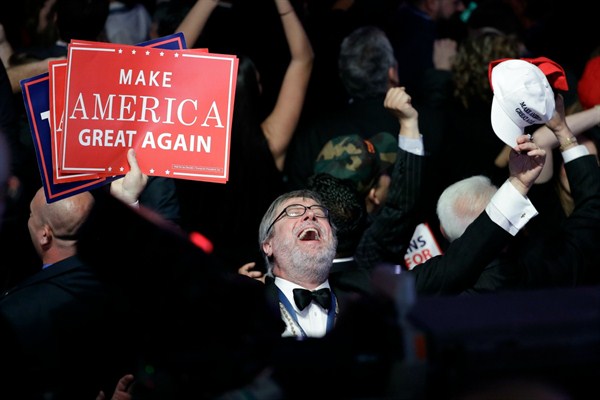Anyone who comments on politics should take time off in the coming days to reflect on their mistakes and imperfections. This week marks the first anniversary of Donald Trump’s victory in the U.S. presidential election, an event that highlighted the weaknesses of the commenting classes. Prior to election night, almost all observers believed Trump could not win. After he did so, analysts and editorialists churned out confused, panicked and lame pieces about what he would do in power.
While pundits claim to forecast the political future, they often perform poorly in the face of unexpected twists. Scott Malcolmson, an editor on The New York Times opinion pages on Sept. 11, 2001, recalls the stream of poor drafts that reached him after that day’s terrorist attacks. One early submission, he notes in his memoir, was a long text that appeared to have been written before the morning’s events, with just cosmetic tweaks to acknowledge the scale of the day’s atrocities.
Trump’s victory was not quite as unpredictable as the events of 9/11, but few commentators seemed much better prepared for it. Their responses fell into three categories. Some writers could see nothing but darkness ahead and dwelt on Trump’s threat to the fabric of American society, much as they had in the campaign.

